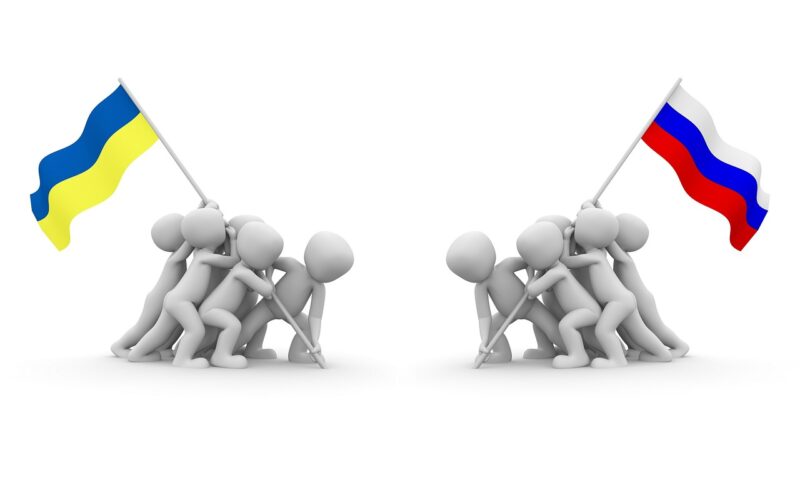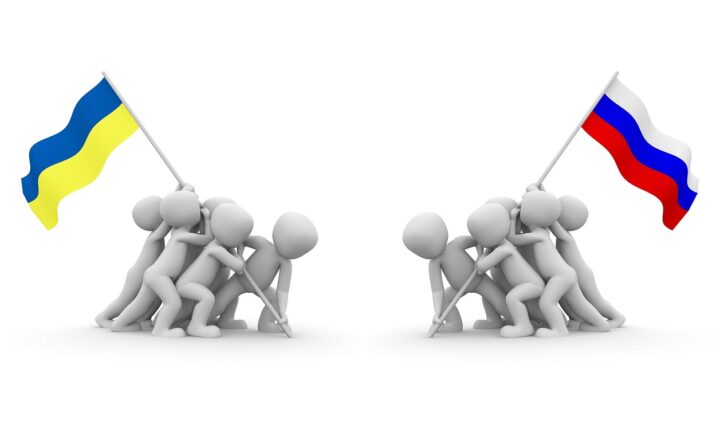Storms of History: The Untold Stories of the World’s Most Notorious Conflicts
November 18, 2024

Throughout history, wars and conflicts have shaped civilizations, altered borders, and influenced political ideologies. While many battles and skirmishes are etched in the annals of history, some captivating stories remain untold, hidden within the shadows of well-known conflicts. This article dives deep into the lesser-known accounts behind some of the world’s most notorious conflicts, revealing the human experiences and strategic complexities that propelled them.
1. The Forgotten Front: The Pavia War (1521-1525)
The Battle of Pavia in 1525 is often remembered for its outcome: the capture of Francis I of France by the forces of Charles V, Emperor of the Holy Roman Empire. However, the preceding Pavia War tells a story of intense rivalry, espionage, and the shifting alliances of Renaissance Europe.
Set against the backdrop of the Italian Wars, the conflict reflected the ambitions of powerful monarchs seeking control over the Italian Peninsula. Intriguingly, this war was not confined to the battlefield; it involved intricate diplomacy, sabotage, and the lives of ordinary citizens caught in the crossfire.
Subsequent to the battle, the once-thriving city of Pavia became a microcosm of how war alters landscapes. Buildings crumbled, families fled, and society adaptively reorganized itself, forever affected by the echoes of conflict. Understanding the local repercussions gives us a profound insight into how wars unfold in unexpected ways, reminding us that battles can devastate more than just armies.
2. The Siege of Leningrad: Resilience Beyond Hunger (1941-1944)
Often overshadowed by its immense scale, the Siege of Leningrad during World War II remains one of the most harrowing chapters of human history. Over 872 days, the city was besieged by Nazi forces, leading to widespread famine, suffering, and despair. However, the resistance and ingenuity displayed by the residents tell an awe-inspiring story of resilience and courage.
As starvation loomed, citizens found astonishing ways to survive, creating rationing systems, ensuring the continuity of local industries, and even cultivating rooftop gardens to supplement their meager diets. The human spirit triumphed over adversity as the citizens of Leningrad communicated tales of hope, crafted art, and maintained cultural practices amidst the ruins.
In stark contrast to the narrative often highlighted in military textbooks, the personal stories of individuals endured beyond the war. They provide poignant reminders of humanity’s tenacity when faced with dire circumstances.
3. The Opium Wars: Colonialism in Disguise
While the Opium Wars (1839-1842 and 1856-1860) are frequently viewed through the lens of trade disputes, their implications stretch far into the realms of colonization and cultural imperialism. Driven by British interests in opium sales to China, the conflict unveiled an alarming dimension of aggressive foreign policy.
The British military campaigns were less about trade rights and more about establishing a foothold in Asia, reinforcing a narrative of imperial exploitation that profoundly affected Chinese society. Narratives of opium’s addictive grip provide essential context to understanding the social ramifications of the wars.
The repercussions of these wars went beyond borders; they initiated discussions around addiction, governance, and morality—issues still relevant in the global dialogue on drugs today. This crucial aspect of the Opium Wars shifts the focus from mere political conflict to the intricate socio-cultural exchanges and resistance movements that stemmed from it.
4. The Mexican-American War: More Than Land Acquisition (1846-1848)
The Mexican-American War is often associated with territorial expansion, yet this conflict raised profound questions about race, identity, and nationalism. As the United States acquired vast territories including present-day California, Arizona, and Texas, the struggles faced by those living within these lands tell another side of the narrative.
Notably, this was a period that exacerbated tensions between Anglo settlers and the indigenous populations, leading to ethnic conflicts and cultural erasure. While American national pride burgeoned, the voices of Mexican Americans and Native Americans were largely sidelined in historical discussions.
Moreover, the war’s conclusion ushered in a troubling legacy of displacement and disenfranchisement as Mexican citizens living in newly annexed regions faced challenges integrating into a society that viewed them with suspicion.
5. The Vietnam War: Beyond the Battlefield
Perhaps one of the most analyzed wars in modern history, the Vietnam War (1955-1975) remains a compelling subject rife with complexities beyond the conventional military stratagem. The pervasive impact of the conflict stretched far beyond the borders of Vietnam, echoing within American society and influencing global perceptions of warfare.
Amidst the operational strategies and guerrilla warfare tactics, the anti-war movement burgeoned as Americans grappled with the moral implications of their government’s actions. Protests across college campuses created a schism within the populace, framing the conflict as not just a military issue but a question of national conscience.
The long-term psychological effects on returning veterans and the Vietnamese population alike pose questions about the trauma of war. Discussions surrounding this legacy continue to shape contemporary dialogues around mental health, reconciliation, and national identity.
Conclusion: Learning from the Untold Stories
The narratives surrounding some of history’s most notorious conflicts hold insights that challenge conventional understandings of warfare. They remind us that behind every battle there exist human stories of resilience, despair, and complexity. As we explore these untold stories, we can cultivate a deeper appreciation for the multifaceted impacts of conflict—beyond mere statistics and dates.
Ultimately, it is through studying these histories that we become better equipped to foster peace, understand dissent, and appreciate the intricacies of global power dynamics that continue to define our world today. Our commitment to remembering and learning from the past can serve to guide our future, ensuring that the lessons of history inform our actions in the present.






